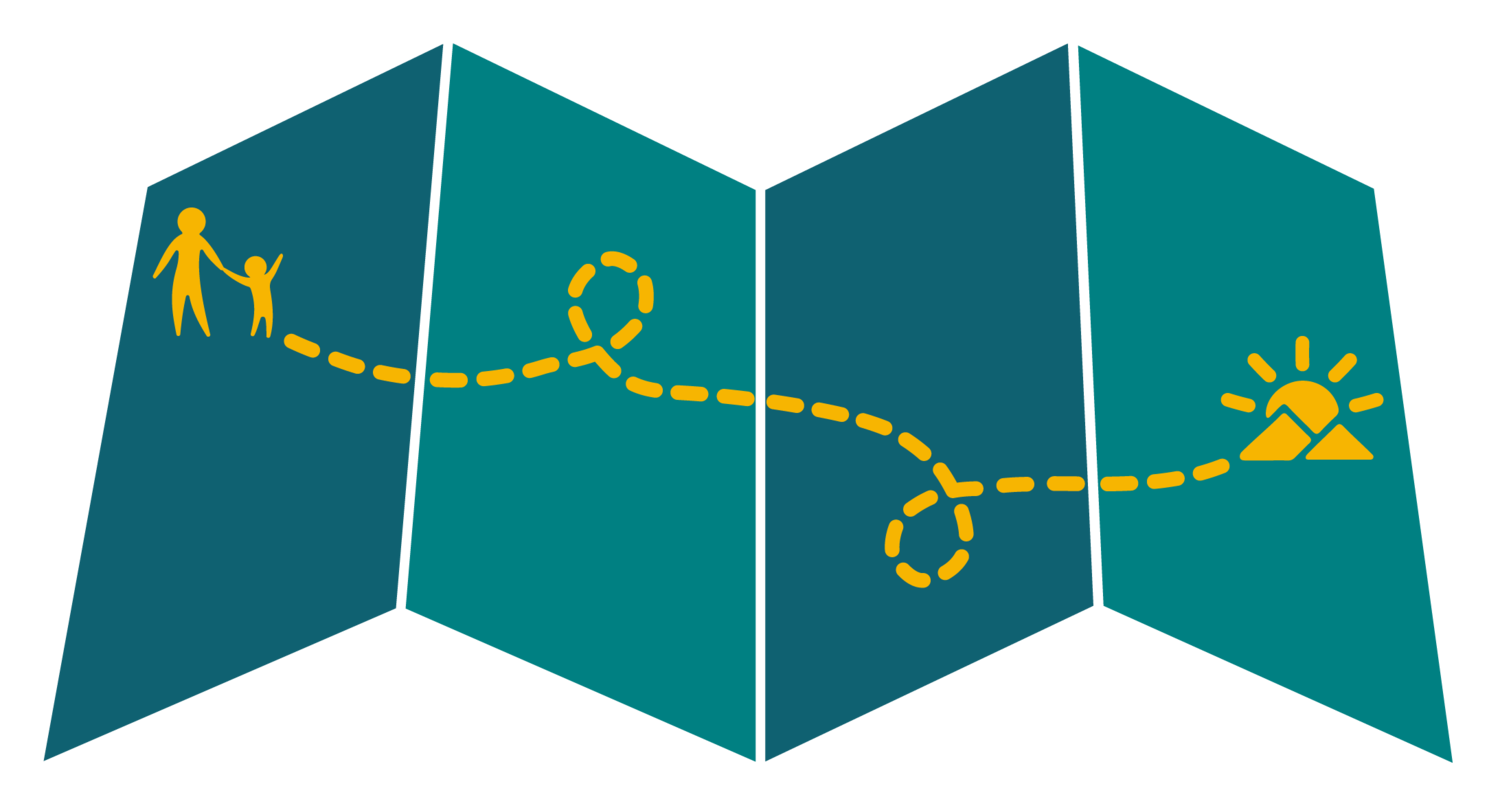17. Trauma and Resilience: How the Helpers Help Themselves
During safety overviews before a flight, we’re instructed to put on our own oxygen masks first before assisting others. In the same way, as professionals and parents, we have to take care of ourselves before we can continue to care for the children in our lives. To close out this audio series, we’ll hear from several guest experts on what they do to support their own well-being as trauma-care providers.
13. How Lawyers and the Legal System Can Foster Resilience
In this episode, we’re focusing on the experiences of youth before, during, and after their interactions with the legal system. We’ll hear from trauma-focused behavioral healthcare professionals who have worked extensively with the legal system: with judges, lawyers, justice-involved youth, and their families. We’ll also hear from a lawyer and a community organizer and their work to reduce and prevent trauma in justice-involved youth.
7. Supporting Children in the Aftermath of Intimate Partner Homicide
According to data from U.S. crime reports, about 1 in 5 homicide victims are killed by an intimate partner, whether that’s a current or former spouse or dating partner. In the wake of these tragic deaths are the victims’ loved ones -- including children. Dr. Bianca Harper shares her expertise in supporting these child and adolescent survivors of intimate partner homicide.
3. What is Resilience?
Resilience is the main subject of this audio series, but what is it exactly? There are actually a lot of different definitions, and the concept of resilience is a bit controversial among experts in mental health and trauma spaces. In many ways, resilience is just as complex as trauma. So, in this episode, we’ll hear from several experts on their opinions about children’s and families’ resilience, what it is, and where it comes from.





